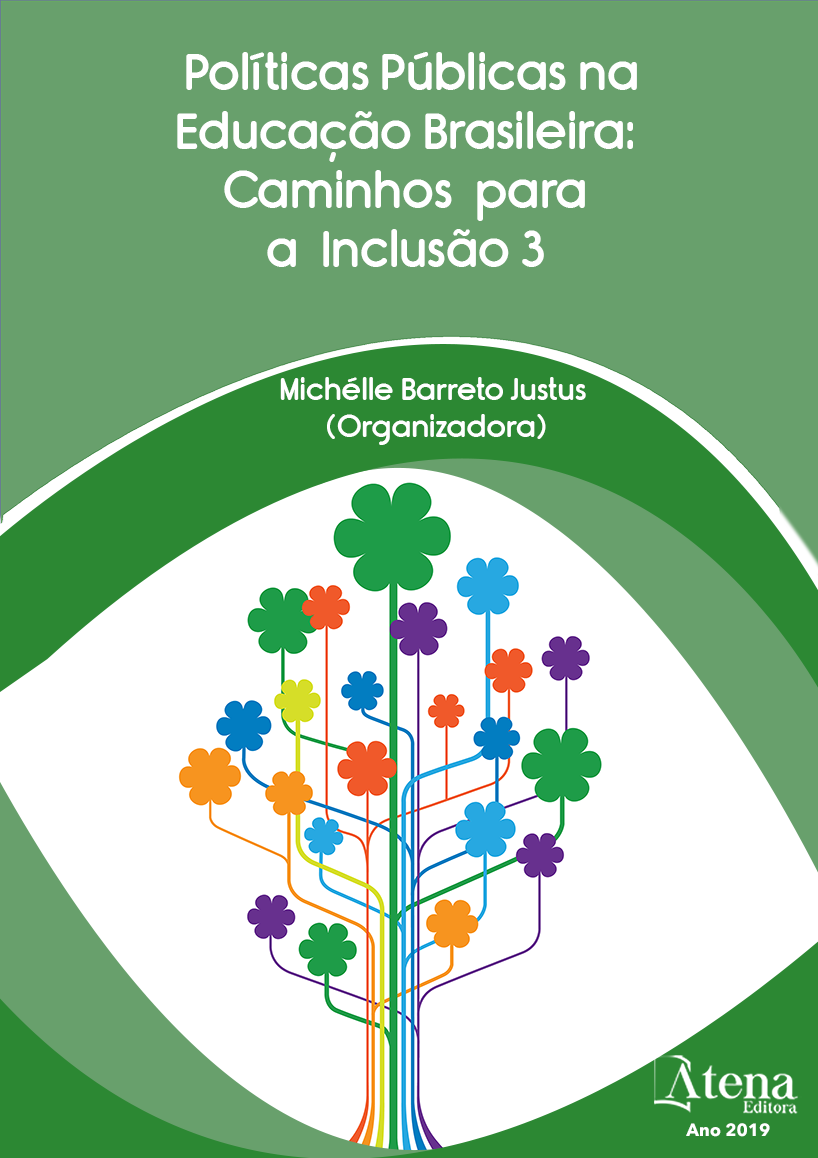
EDUCAÇÃO INCLUSIVA: UMA BREVE TRAJETÓRIA HISTÓRICA DE POLÍTICAS PÚBLICAS E CURRÍCULO
No presente artigo procurou-se,
por meio de um levantamento bibliográfico,
apresentar um histórico da Educação Especial
no Brasil por uma perspectiva da legislação, das
políticas públicas e do currículo. A Educação
Especial trilhou um longo caminho através
da história até chegar ao cenário atual em se
torna uma modalidade importante na educação
como uma das principais formas de inclusão
de alunos com deficiência nas salas de aula do
ensino comum. Consideramos parte importante
deste processo o olhar indispensável para a
diversidade presente nos espaços escolares e
como o currículo pode propiciar uma integração
autêntica e mais democrática no processo
ensino-aprendizagem. Uma inclusão de fato é
um grande desafio a ser enfrentado por parte
do governo e pelas instituições responsáveis
por elaborar as normas para a educação, bem
como pelas escolas e pela comunidade em
geral. Uma educação inclusiva deve basear-se
na ética e principalmente no constante debate
que contemple mudanças paradigmáticas que
se lancem à expectativa de melhorias concretas
para as pessoas com deficiência.
EDUCAÇÃO INCLUSIVA: UMA BREVE TRAJETÓRIA HISTÓRICA DE POLÍTICAS PÚBLICAS E CURRÍCULO
-
DOI: 10.22533/at.ed.25319171012
-
Palavras-chave: Educação Especial. Políticas Públicas. Currículo. Inclusão.
-
Keywords: Special education. Public politic. Curriculum. Inclusion.
-
Abstract:
In this article, a bibliographical
survey was carried out to present the history of
Special Education in Brazil from a perspective
of legislation, public politics and curriculum.
Special Education has come a long way through
history until it reaches the current stage in
becoming an important modality in education as
one of the main ways of including pupils with
disabilities in common teaching classrooms.
We consider an important part of this process
the indispensable look for the diversity present
in school spaces and how the curriculum can
provide an authentic and more democratic
integration in the teaching-learning process.
Indeed inclusion is a major challenge to be
faced by the government and the institutions
responsible for developing standards for education, as well as schools and the wider
community. Inclusive education should be based on ethics and especially on the
constant debate that contemplates paradigmatic changes that are expected to bring
about concrete improvements for people with disabilities.
-
Número de páginas: 15
- WENDERSON MAÇÃO PEREIRA
- LARA REGINA CASSANI LACERDA
- Leida Raasch


